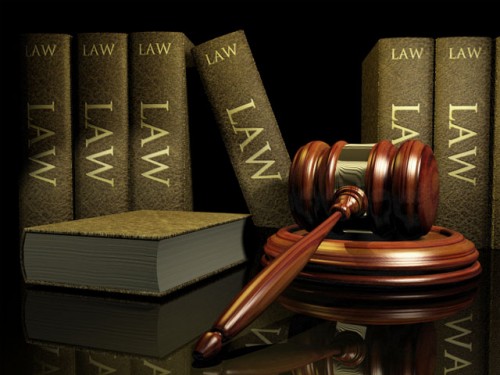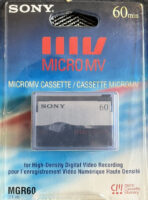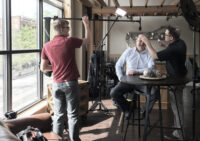
It’s not hard to keep your film legal if you follow the following guidelines.
1. All music, even a short riff, must be cleared unless it is royalty-free music. Most royalty-free music has a license you should read carefully to understand how you can use it and for how long. Keep a copy of this license with the permanent video files.
2. All clips from a copyrighted film must be cleared, This includes the music, and may include recognizable people in the film, as well as the director and writers. Unless the footage is Public Domain or Creative Commons video, you need written permission to use it.
3. If you ask for permission, that is considered proof that on that date, you believed you needed permission.
4. You have a right to make a realistic film and this means that product names and trademarks are OK to film, BUT there are some important conditions: If the product is part of the story or if a character comments on it or if the camera stays on it for more than a moment or two, you need to get permission.
5. If you cannot get permission, you must create your own work, not a knock-off of the work in question.
6. To keep your film legal all permissions must be in writing. Some may argue that a verbal on-camera permission is valid. It may be, but that could only be determined in court. So why risk it? And besides distributors may require the written version. Use our free written permission forms at List of Free Releases. Keep a permanent copy of the release. Permanent means it is not a computer file.
7. Before asking permission, always have a second choice in mind. If your first choice says no, you at least have an alternative.
8. Filming people without their permission is usually legal when they are in a public place. Nevertheless to keep your film legal you must understand that private people (as opposed to movie stars and the like) have a right to remain private. And even if you are legally in the right, a distributor may just choose to pass on your project because of such legal issues.
Never use the name of an identifiable person, a license plate, or street address in a video. TV reality shows are careful to blur out written names, license plates and street addresses. The blurring is a lot more subtle than it used to be. In fact it often just looks like there is no detail to be seen. Blurring is intended to hide the identity of people, places, cars and more. These decisions are dictated by the show’s legal departments.
If you’re going to make films, you must understand the legal issues. For many important projects, you will at some point need to hire an attorney. Before you do so, I recommend you read a book by an attorney who practices either intellectual property law or entertainment law. This article is excerpted from the book Clearance and Copyright: Everything the Independent Filmmaker Needs to Know This 4th edition is highly recommended for all video and filmmakers. I refer to it often.







I liked that you explained when you are producing a film you need to have written permission to do things. It does seem like you need to be very well organized when you need to make a film. It might be best to hire a professional to help you out.